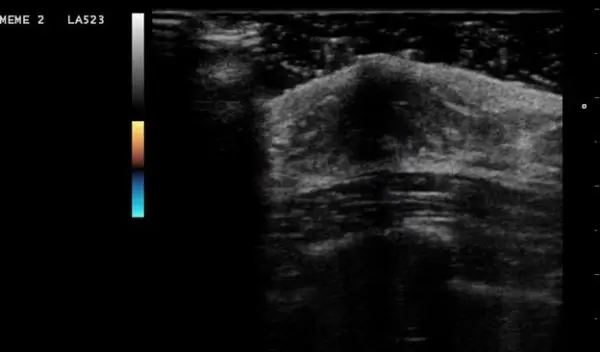
Artificial intelligence may reduce false positives in breast cancer screening
Researchers working on an initiative supported by the U.S. National Science Foundation trained AI to identify breast cancer using data obtained from previously conducted ultrasounds. The AI tool significantly increased accurate diagnoses. The New York University researchers, including Yiqiu Shen, published their research in the journal Nature Communications.
"If our efforts to use machine learning as a triaging tool for ultrasound studies prove successful, ultrasound could become a more effective tool in breast cancer screening, especially as an alternative to mammography and for those with dense breast tissue,” said Linda Moy, a co-investigator and radiologist at New York University. “Its future impact on improving breast health could be profound.”
Using ultrasound for breast cancer screening is less expensive, more accessible, and doesn't expose patients to radiation. But ultrasound screening results in more false positives than traditional mammography screening. This innovation helps reduce that deficiency.
When aided by the AI model, radiologists working with a sample of past ultrasound exams increased diagnostic accuracy from 92% to 96%. In addition to enhancing accuracy, the AI tool would reduce unnecessary biopsies.
The researchers intend to refine the AI tool to include risk factors such as genetic predisposition to breast cancer. The AI tool shows promise for clinical trials and could lead to more accurate diagnostic methods and tools.
